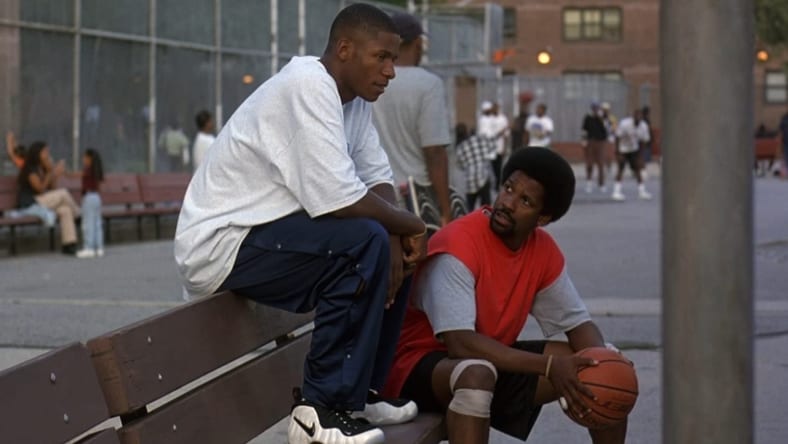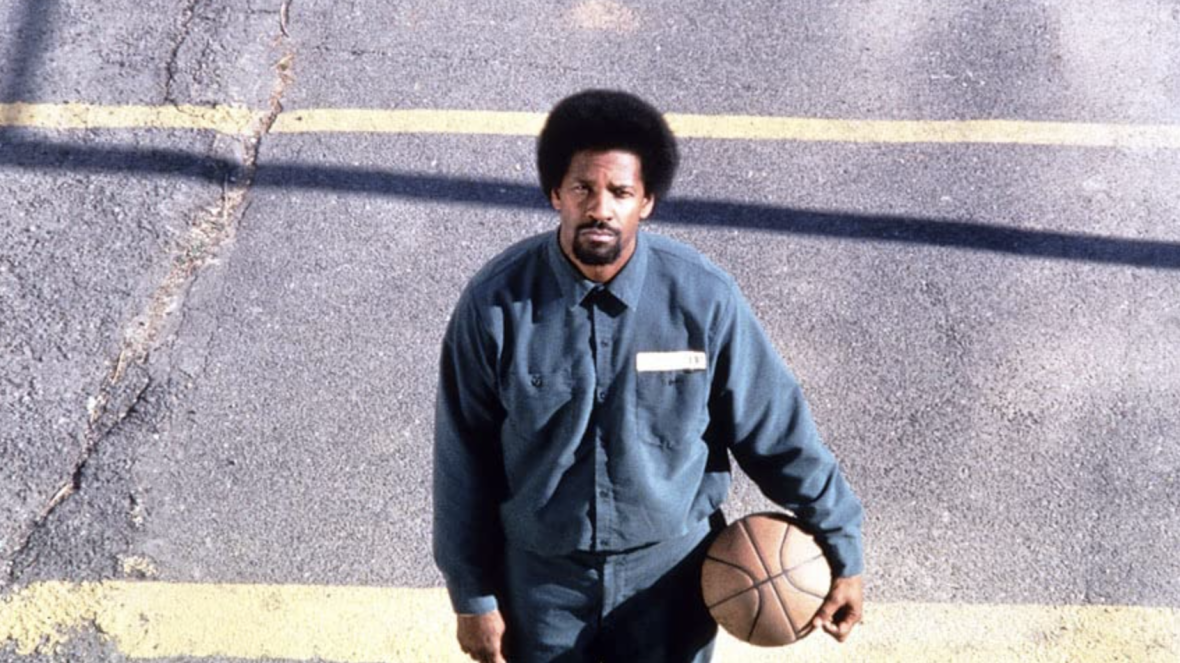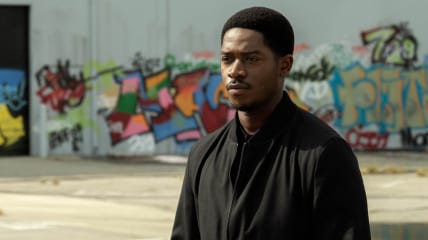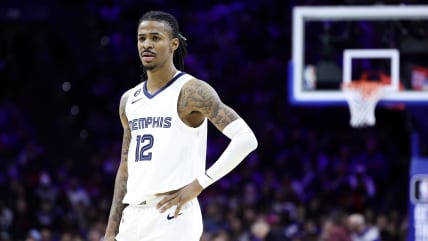
Editor’s note: The following article is an op-ed, and the views expressed are the author’s own. Read more opinions on theGrio.
I hated “He Got Game” the first time I saw it.
It instantly became my most anticipated movie of 1998 when, in the summer of 1997, I heard the film was coming out in the spring of the following year. Spike Lee was a force to be reckoned with in the ’90s. “Do The Right Thing” hit the scene in 1989 and was rapturously received by critics. It was called one of the greatest and most important movies ever made by none other than Roger Ebert of the Chicago Sun-Times. Then came “Mo’ Better Blues” in 1990 and “Jungle Fever” in 1991. We all knew he was a very good filmmaker by then, but when he released “Malcolm X” in 1992, we saw that he was an important one.
With “Malcolm X,” Spike made a David Lean-type epic but centered it on one of the most controversial Black figures of the Civil Rights Movement. With that film, Lee simultaneously brought Malcolm X back into the consciousness of America while also showing the world that he was a filmmaker determined to disrupt the Hollywood status quo.
From 1992 through 1998, I loved everything he put out. “Crooklyn,” “Clockers,” “Get On The Bus — even the surrealistic “Girl 6,” a movie I liked but did not understand. So when I heard that Lee, the New York Knicks superfan, was making a basketball movie starring his frequent collaborator Denzel Washington and NBA star Ray Allen, I was all in.
Then I saw the movie.
I didn’t love the fact that Denzel was a criminal. Yes, he was putting on an acting masterclass, but to see dignified Washington (the same man who was so magisterial and powerful in “Malcolm X”) in that role was jarring to my 17-year-old eyes. I also didn’t like that it was a film largely about a basketball player, not a basketball movie.
To me, a basketball movie is about a team (“Hoosiers”) or a duo (“White Men Can’t Jump”) working to accomplish a goal. And that kind of movie usually ends with the team either winning or losing an important, highly anticipated game. Like “Rocky” … but with a basketball.
I wanted a good time at the movies. I wanted to walk out on a high. Instead, I got a film about a young Black basketball star who came from a broken home and the anxieties and pressures he felt. It did not give me what I wanted. But looking back on the film 25 years later, I now see that it is not a perfect film, but it is a prescient one.
 Denzel Washington in Spike Lee’s “He Got Game.” (Buena Vista Pictures)
Denzel Washington in Spike Lee’s “He Got Game.” (Buena Vista Pictures)The key to unlocking Lee’s 1998 film is the great 1994 documentary, “Hoop Dreams.” In it, director Steve James follows William Gates and Arthur Agee, two talented Black basketball players from Chicago, who are recruited to play at St. Joseph High School, a mostly white high school with a notable basketball program in Westchester, Illinois. Early in the documentary, the two players are sent to a basketball camp where one of the speakers is Spike Lee. The speech he gives them is as honest as it is brutal.
“You have to realize … that nobody cares about you. You’re Black. You’re a young male. All you’re supposed to do is deal drugs and mug women,” Lee says. “The only reason why you’re here is because you can make their team win. If their team wins, these schools get a lot of money. This whole thing is revolving around money.”
After seeing that scene, I instantly understood “He Got Game.”
Jesus Shuttlesworth (Allen) is a young kid, no more than 18 or 19. He should be playing basketball with reckless abandon and enjoying his youth. Instead, he plays basketball like it is his job. He has a younger sister whom he is responsible for. He has a girlfriend who says she loves him, but he does not trust her. He has agents hounding him, and then one day, out of the blue, his father, who is in jail for accidentally killing his mother, walks up to him and tries to get him to sign with Big State because it will reduce his prison sentence.
As a kid, this was not the movie I wanted. But as a basketball fan, it was the movie I needed.
Kobe Bryant. Kevin Garnett. LeBron James. Those players faced pressures similar to what Shuttlesworth had to endure in the film and made it to the National Basketball Association. There are hundreds if not thousands more who were just as talented but did not make it. Some because basketball is a grueling sport, and their bodies could not withstand injury. Others because the pressures off the court were too taxing and their spirits could not endure.
Looking back on the film today, I am reminded of Ja Morant and the way sports pundits talked about him earlier this year. They saw him in a strip club holding a gun and nearly called him a thug. What I saw was a young man who had been under an incredible amount of pressure since his teenage years and needed counseling.
“He Got Game” shows that being young, gifted and Black in America is not easy. In fact, if you’re not careful, it can destroy you.

Lawrence Ware is a teaching assistant professor of philosophy at Oklahoma State University and co-director of the Center for Africana Studies.
TheGrio is FREE on your TV via Apple TV, Amazon Fire, Roku, and Android TV. Please download theGrio mobile apps today!
.png)











 English (US) ·
English (US) ·